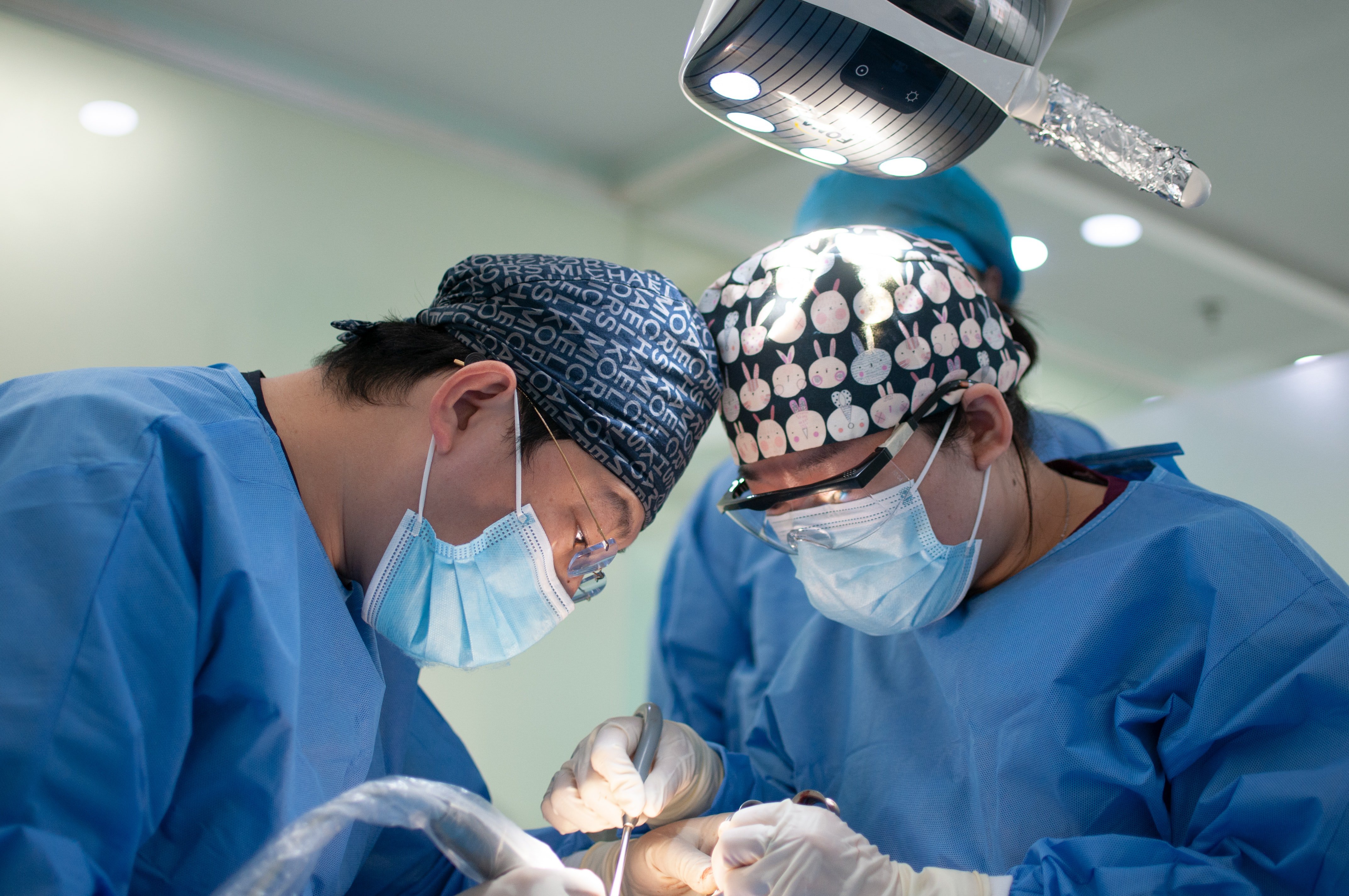
Workwear is more important than ever for our everyday heroes in hospitals, nursing homes or emergency services.
The Corona pandemic has shown us the importance of reusable textiles in medicine and infection control. Supply chains broke down overnight, with no more supplies arriving from China. This high dependence on global, mainly Asian, supply chains shows the need for independent "Made in Europe" solutions. In fact, many manufacturers already offer reusable protective clothing that can provide basic supplies to the population; products that are in line with relevant technical and medical standards and meet the requirements of the EU's circular economy strategy. These are reliable and represent the highest standards of environmental protection during production.
Several million specialty textile products are used in European hospitals every day. In Germany alone, around 19 million patients are treated every day, 40 percent of whom have to undergo surgery. Numerous highly innovative specialty products are needed, from germ-free surgical clothing to antiseptic surgical blankets and drapes. Without specialty textiles, no hospital in Europe would be able to operate.
Densely woven microfilament fabrics treated with fluorocarbon chemistry, for example, prevent dreaded hospital germs from entering wounds. Despite all the research efforts to date, there is no adequate alternative to fluorocarbon chemicals for achieving the corresponding sustained protective effect on these fabrics.
At the same time, special textiles treated in this way ensure sustainable use in hospitals. Every day, 1,000 metric tons of hospital linen are treated with them in a sustainable and disinfected manner.
Finden Sie hier weitere interessante Inhalte